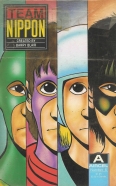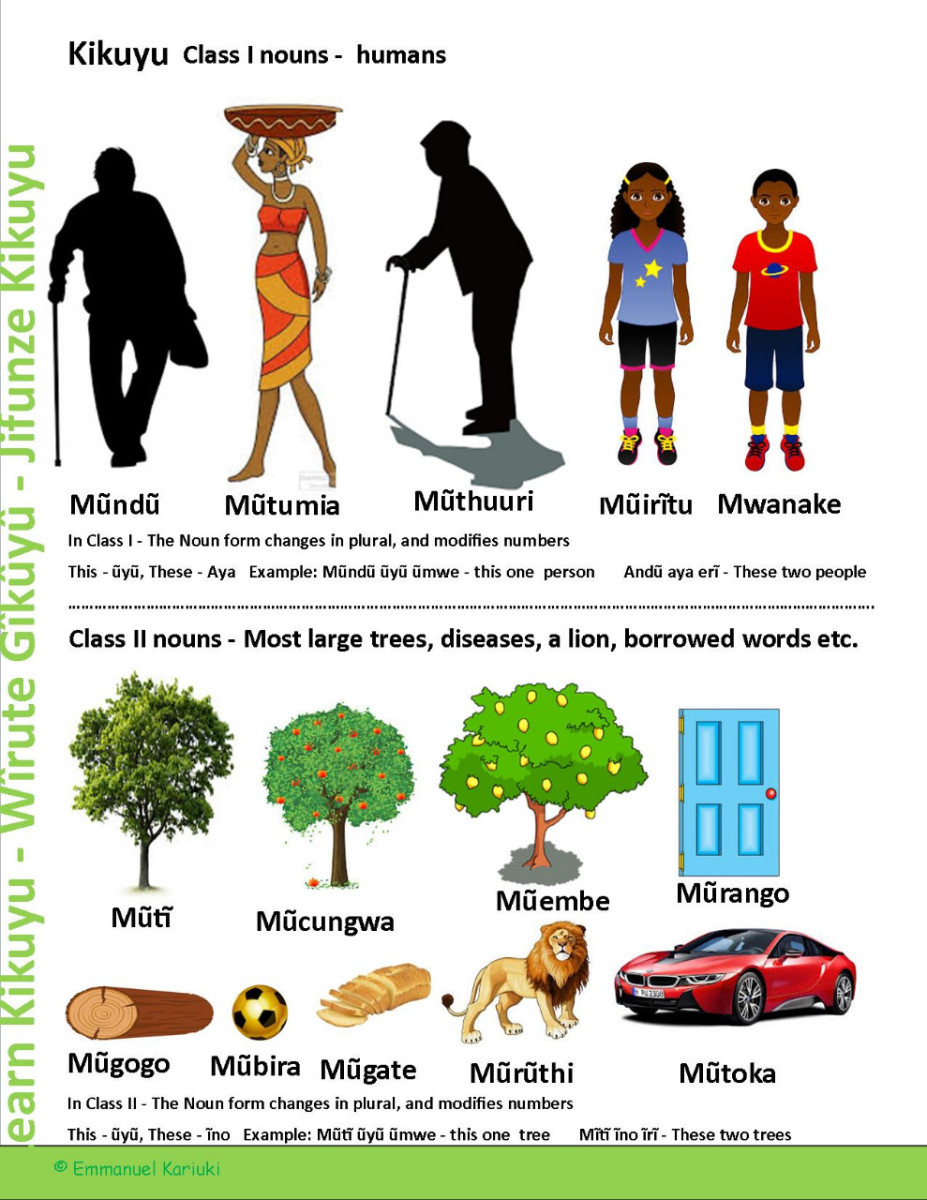How to Thoroughly Enjoy Learning Japanese, Plus 10 Useful Grammar Principles to help you

Japanese learning can be a Joy!
If you are studying Japanese right now, and are desirous to improve your speaking ability, then this article is for you. In this article, I am going to share with you my Japanese learning method called, JPPGG or Japanese Plug and Play Ghetto Grammar.
The benefit of using this system is that while you are building up your store of total vocabulary memorized , you can then create exciting, fresh sentences that reinforce the retention of vocabulary. One thing to consider is the amount of vocabulary you commit to memorize.
Towards the bottom of the article, I give 10 commonly used Japanese grammar constructions that you can manipulate to ‘drill and kill’ your way towards better Japanese. All you have to do is plug in your favorite verb, and play.
Plug and play style of learning Japanese is a lot of fun.
Make It Interesting for Yourself-- - Then Learning the Language Will Not Seem So Daunting

One thing which delighted me no matter what sentence I used it in was the word for, "to fart". Knowing that single word made the dull process of learning grammar fun. Now, learning Japanese and Japanese grammar was exciting because each new grammar meant new and funny sentence i could make. And let me tell you, I would be making funny sentences all year long which helped me get better at Japanese. For example, from the constructions below you could say, “I eat beans in order to fart.” - onara suru tame ni mame o taberu - This type of sentence makes me laugh; its fun and helpful to my Japanese language learning. I mean the verb, to go, is fun and all, but other verbs, like fart, burp, burp, belch, squeak or whatever makes sentences come alive, and all the tediousness of second language learning goes away. I hoot and laugh just contemplating the potential meanings of the new and clever sentences I have constructed.
But seriously, there was a time that I would do whatever it took to improve my Japanese.
Below 10 Japanese grammar constructions for you to start plugging your vocabulary therein. More to come, for now, here are ten really basic Japanese grammar constructs practice including examples.
These construction all use verbs in their plain form or base III. If you aren't familiar yet with these terms, base III verbs are your every day action verbs taken straight from a dictionary. They have yet to be conjugated or altered in any way. To use the JPPGG©, just pick and choose some verbs that you know or look them up as you like, then plug them into the constructions and start making your own unique sentences.*If you are serious about learning Japanese, I recommend getting a dictionary. If you are unsure which kind to buy, I recommend dictionaries from Sanseido Press. There are basically two types of dictionaries. The Wa-Ei (Japanese to English) dictionary, or, the Ei-Wa (English to Japanese) dictionary. Larger dictionaries that contain both the Ei-Wa and Wa-Ei in a single volume are also available. The average Wa-Ei Dictionary costs around US $14.
Also called plain form verbs, base III verbs always ends by iteself or in some sort of u vowel ending syllable cluster like, u, ku, gu, su, zu, tsu, tzu, bu, fu, mu, nu, yu, etc. Feel free to plug any verb that you are fond of into these JPPGG; constructions. Using ‘off the wall’ verbs like skate boarding, surfing, frying, laying, squatting, will help you retain the essential Japanese grammar longer over time in your long term memory. In this way your vocabulary will have time to develop without being stagnant through lack of grammar knowledge or language ability. I guarantee that you will not only have a blast making sentences and learning Japanese in this way, memorize vocabulary lists, words faster, and retain them longer.
Don't feel obligated to use common verbs. Instead, think of some neat, obscure verb that you would like to use then look it up in the dic (as my mom used to like to call it) and go for it! Be a rebel! I dare you to get out of that old school mentality and utilize some word like, onara suru (v. to fart). Nobody will ever know what you are saying unless you take it outside and use it on somebody but hey, even the great Tennoheika, or Emporer himself has occasions where he will honorifically fart.**
- wa is the particle that I have always defined as , "As for ~" where ~ is anything at all, even nothing. Although there is not always an exact equivalent for a Japanese word to some words in English, I have found that thinking of the Japanese word, 'koto' as "the thing of ~". So koto ga and koto wa together, its meaning does sound weird to the ears of a gaijin (foreigner), as tripped out as any English we have ever heard might be, but you learn to accept these kinds of differences between languages because we know that a little disregard for proper sounds will help with our eventual improvement in our Japanese speaking ability.
As of yet I have found no better way of describing these Japanese words in English, and they seem to be sufficient interpretations in the situations in which they were used.. Again, although they might at first sound a little awkward, we overlook the formalities for our long range goals of Japanese language mastery, and we get over it. This is Japanese grammar plug and play, It won't cost you anything but a commitment to self, a little time, and determination to make it work.
Koto wa or koto ga could roughly be translated as ""...as for...".
1. Verb(base III) koto ga, koto wa - the thing of verb, the thing of verbing
2. Verb(base III) tame ni - in order to verb
3. Verb(base III) mae ni - before I verb, before verbing.
4. Verb(base III) koto ga arimasu - Sometimes I verb
5. Verb(base III) koto ga yoku arimasu - I do a lot of verb or I often verb.
6. Verb(base III) koto ga amari arimasu - I don't often verb, I rarely verb.
6. Verb(base III) koto ga dekimasu - I am able to verb, I can verb
7. Verb(base III) desho^ - I will probably verb, or the verb will probably happen, or it might verb.
8. Verb(base III) koto ni suru - decide to verb, I resolved within myself to verb, I have chosen to verb, etc.
9. Verb(base III) ho^ ga ii desu - Its better to verb, or you should verb
10. Verb (Base III) yo(^) ni - ...so that verb... "like 'verb'ing",or in similitude of 'verb'ing
In the old days, when the grammar-translation methods of foreign language learning were king, my JPPGG would have been known as, substitution drills. This is where you take grammar constructions and change the words around to get practicing a variety of sentences. I prefer to call this way of studying Japanese Grammar plug and play. Instead of substituting, we plug; instead of drilling, we play. I prefer playing to drilling any day. Plug and play grammar learning will get you speaking Japanese a lot faster than other methods.
I’m big on multitasking and didn’t want to see young Japanese language learners held back by their small amount of growing vocabulary they know. Instead, my hope was that while the Japanese language learners learn more and more vocabulary (nouns, verbs, adjectives, expressions, salutations, adverbs, particles etc.) the amount of grammar knowledge they have wouldn’t prevent them from being able to say at least simple sentences. Once Japanese language learners understand how the grammar constructions are made, they can their own new sentences, drilling home Japanese into the fibers of their being all while making them capable Japanese conversationalists.
The system works no matter what the name you substitute and drill or you plug and play new words into the grammar constructions as you learn them. Go ahead, drill and kill your way, or should I say, plug and play your way towards better Japanese, I dare you.
As always do your best! Ganbatte Ne! Makurasuki.



